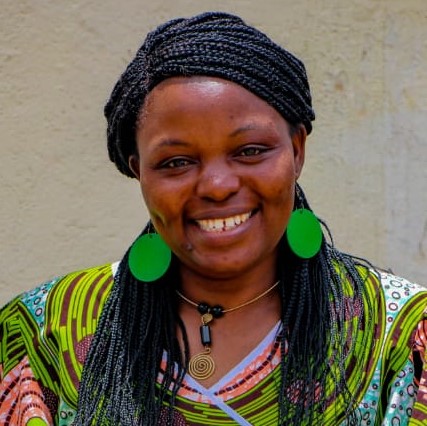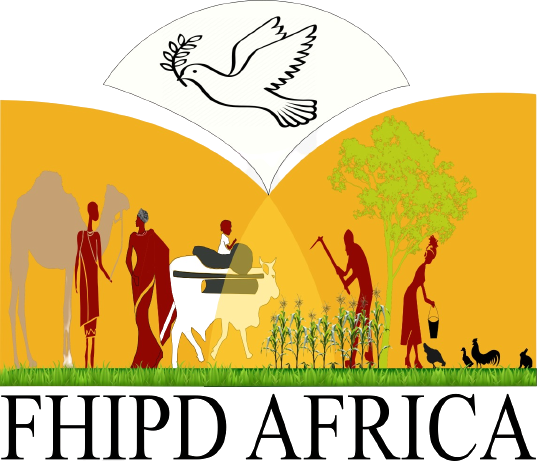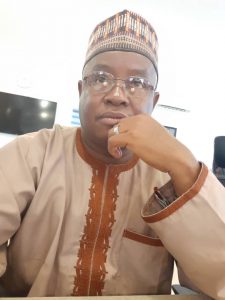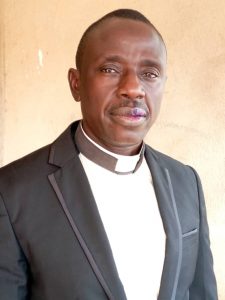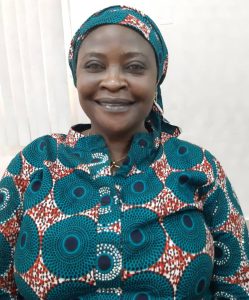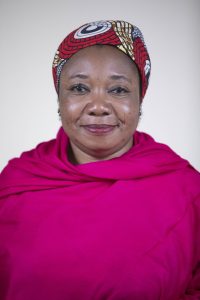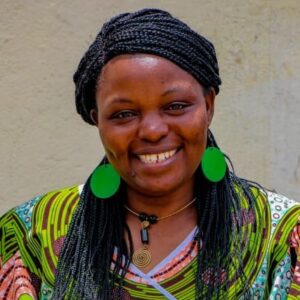Background
Herders and farmer livelihoods have supported generations of Africans. They form an important part of the rural economy.
There are different types of pastoralism ranging from nomadic to semi-settled and settled agro-pastoralism. The main pastoralists involved in conflict with farmers are the herders that move with their livestock from one place to another between wet and dry seasons. The violent clashes between farmers and herders have increased over the years.
It was not always this way. Farmers and herders enjoyed cooperative relationships in the past and peacefully co-existed with arrangements such as the farmers opening up their fields after harvest to cows. The cows would eat the remnants of the harvest while at the same time leave manure in the farm for the farmers. The population of both farmers and grazers has since soared and there is less grass for the cows and less land to farm.
The relationship between farmers and grazers is now strained or has been completely destroyed, leading to a situation increasingly used by political rivals to wage scores against each other. The politicization of ethnic and religious divides has not only intensified the violence but created the political profile of the herder as a Muslim and the farmer as a Christian. FHIPD works to rebuild these relationships through peace-building interventions.
Aims & Objectives
Making positive contributions to enhancing relationships and solving conflicts between farmers and herders
Providing a platform for informed dialogue, discussion, sporting events and analysis of farmer and herder issues
Distributing news and information on farmer and herder issues
Developing training materials and running capacity building programs
Providing a space for strategic intervention towards enhancing ethnic and religious tolerance in Africa
Mission Statement
Support and promote nonviolent approaches to conflict transformation and hence contribute to the prevention and mitigation of violence as a precondition for peace, justice and nonviolent coexistence.
This is done through a combination of research, community dialogues and action that entails the strengthening of existing local capacities and enhancing the preconditions for building peace.
Our Vision
A world where peace, justice and nonviolent relations prevail between farmers and herders as well as religious and ethnic communities.
Our Board of Trustees
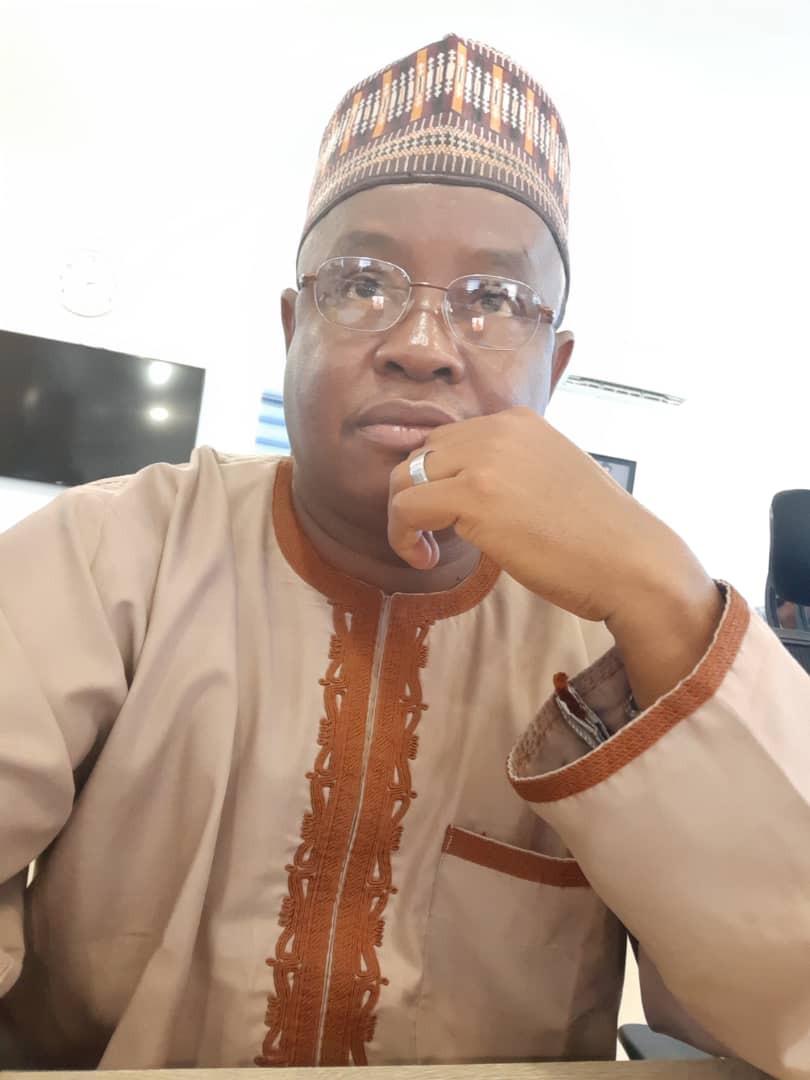
Salihu Musa Umar
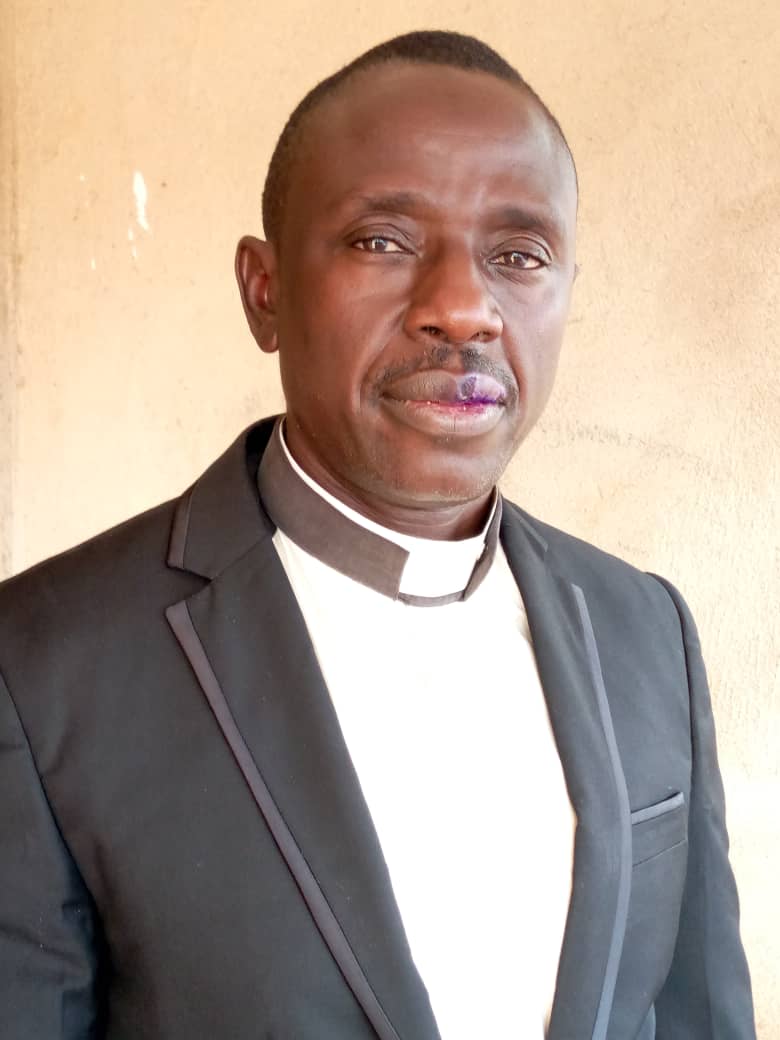
Reverend. Jesse Mallam
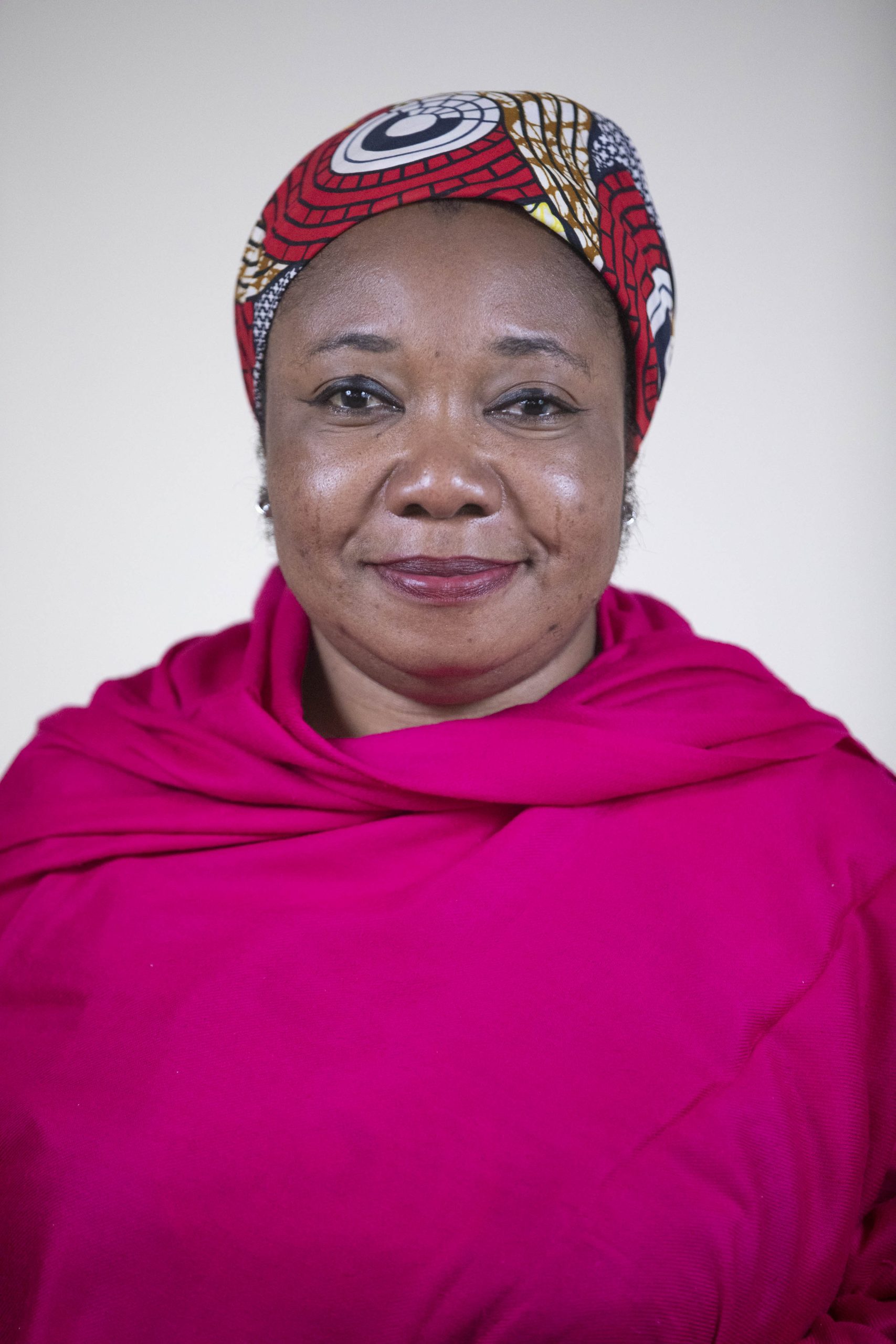
Fatima Suleiman
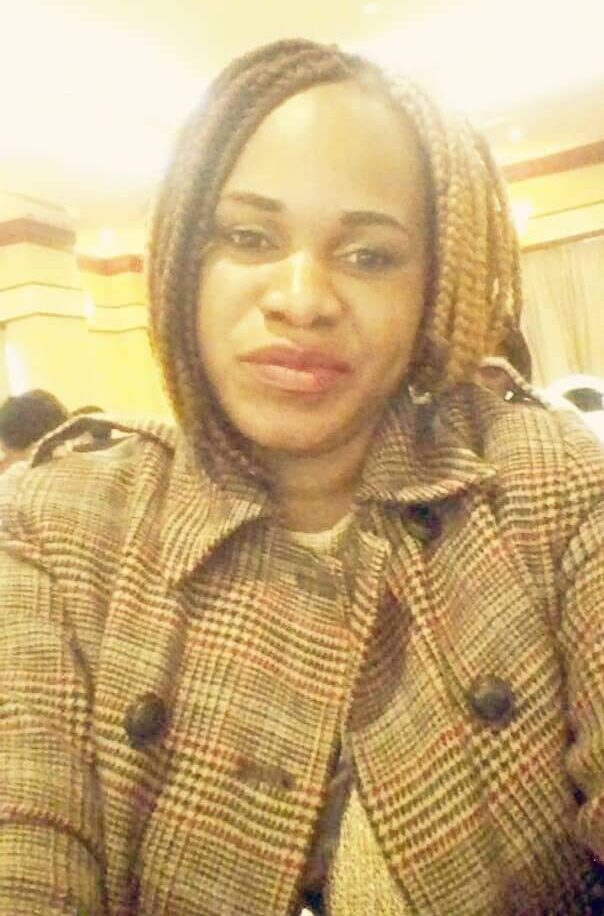
Dr Mandiedza Parichi
